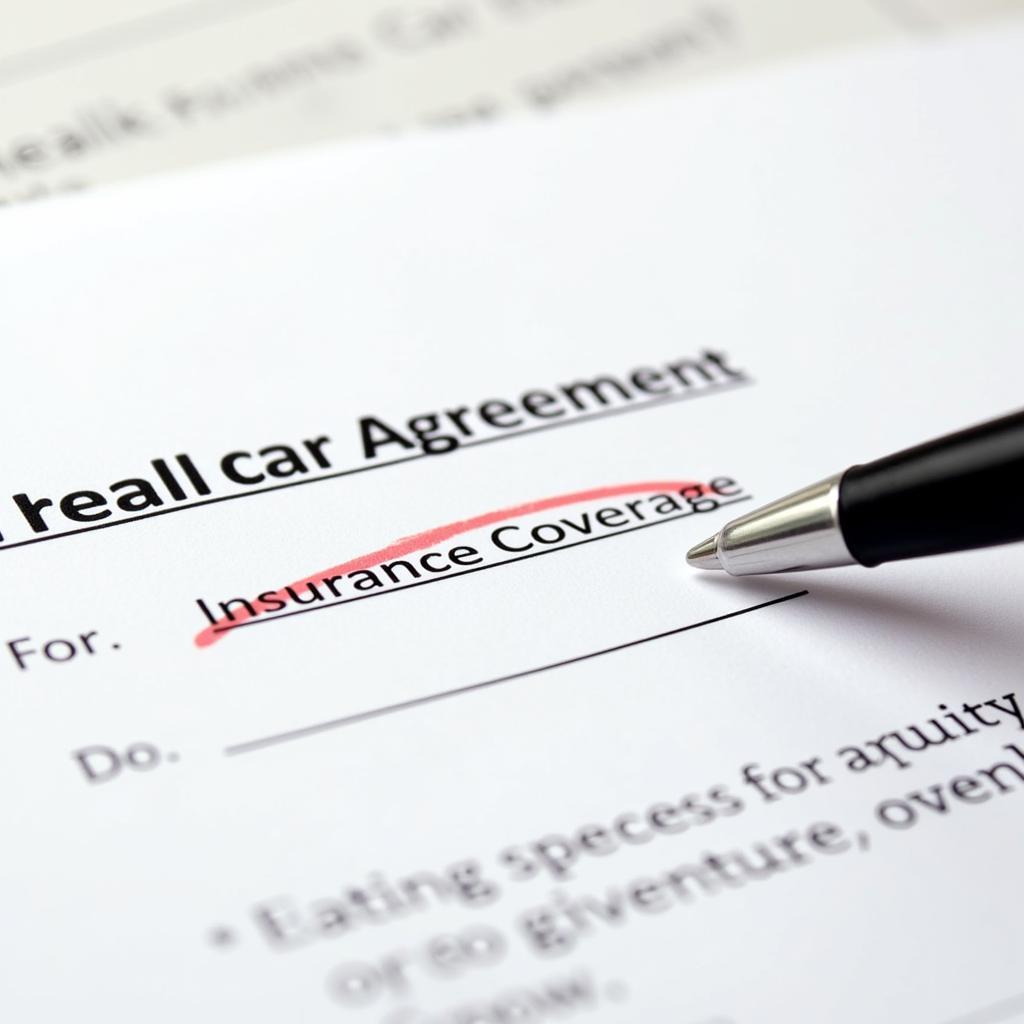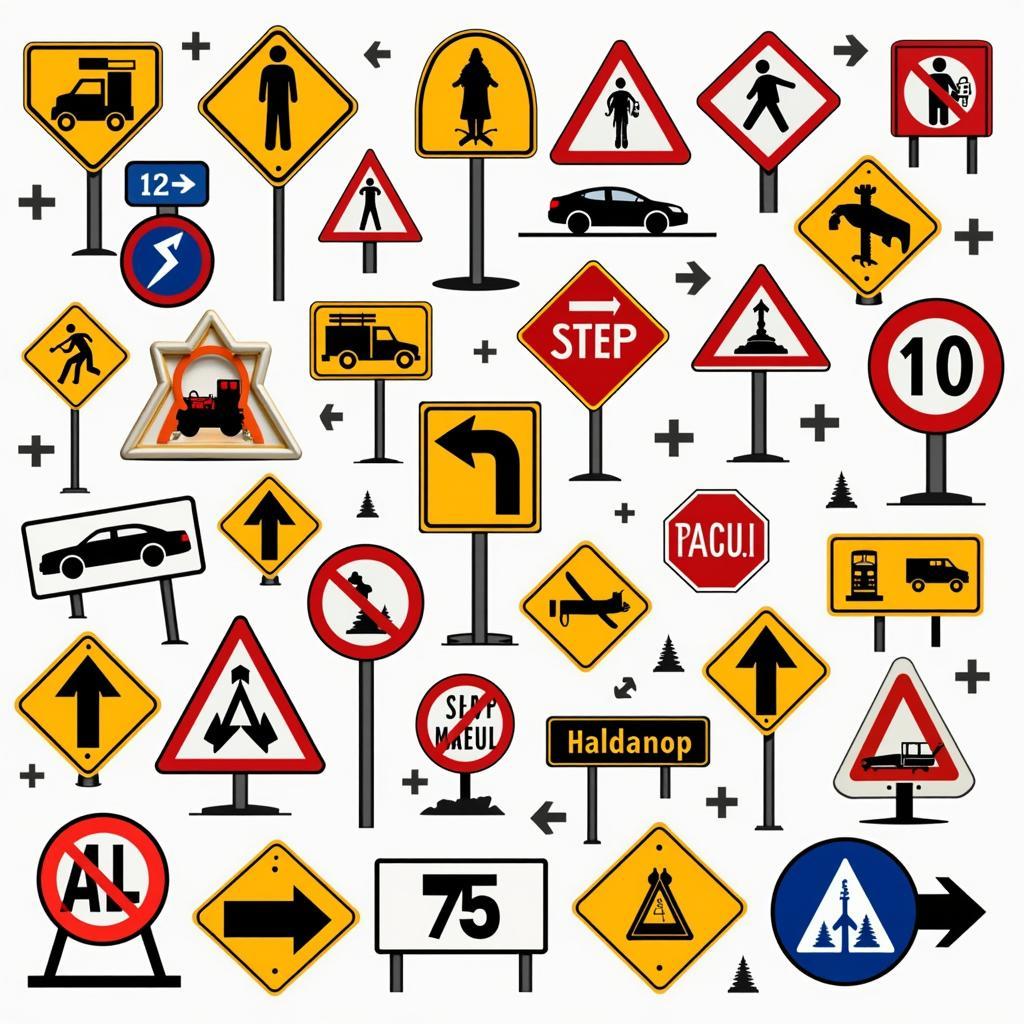Renting a car in Ireland can be a great way to explore the Emerald Isle at your own pace. However, before you hit the road, it’s important to be aware of some common problems that can arise when renting a car in Ireland.
 Rental car insurance in Ireland
Rental car insurance in Ireland
Understanding Irish Road Rules and Regulations
Driving in Ireland is different than in many other countries. One of the biggest differences is that they drive on the left side of the road. This can be confusing for visitors, so it’s important to be extra careful when driving in Ireland, especially when pulling out of parking spaces or driveways. In addition, many of the roads in Ireland are narrow and winding, which can be challenging for those not used to driving in these conditions.
“Knowing the rules of the road before you get behind the wheel is essential for a safe and enjoyable driving experience in Ireland,” says John Murphy, a driving instructor based in Dublin. “Take the time to familiarize yourself with the local regulations to avoid any potential issues.”
 Irish road signs and regulations
Irish road signs and regulations
Here are a few key things to keep in mind:
- Speed limits are in kilometers per hour. Be sure to pay attention to the speed limit signs, which are always posted in kilometers.
- Roundabouts are common. When approaching a roundabout, yield to traffic already on the roundabout and enter in the left lane.
- Driving under the influence of alcohol is strictly prohibited. Ireland has very strict laws regarding drinking and driving.
- The use of mobile phones while driving is illegal. This includes texting, talking, and using social media.
Insurance and Coverage Options
When you rent a car in Ireland, you will need to make sure that you have adequate insurance coverage. The minimum level of insurance required by law is third-party liability, which covers damage or injury caused to other people or their property. However, it’s highly recommended to have Collision Damage Waiver (CDW) and theft protection to avoid hefty expenses in case of an accident or theft.
 Reading the car rental agreement
Reading the car rental agreement
Here are some additional insurance options to consider:
- Super Collision Damage Waiver (SCDW): This reduces your excess to zero in most cases.
- Personal Accident Insurance (PAI): This covers medical expenses and other costs associated with an accident.
- Windscreen Protection: This covers repairs or replacement of the windscreen.
It’s crucial to carefully review the rental agreement and understand the coverage provided by your chosen insurance plan. Pay attention to any exclusions or limitations to avoid unexpected surprises in case of an incident.
Additional Costs and Fees to Anticipate
In addition to the rental rate, there are a few other costs that you should be aware of when renting a car in Ireland. These can include:
- One-way fees: If you are dropping off your rental car at a different location than you picked it up from, you may be charged a one-way fee.
- Additional driver fees: If you plan on having someone else drive the rental car, you will need to add them as an additional driver, which usually incurs an extra fee.
- Young driver fees: Drivers under the age of 25 may be charged a young driver fee.
- Fuel charges: Some rental companies may require you to return the car with a full tank of gas, or they may charge you a refueling fee.
- Tolls: There are tolls on some roads and bridges in Ireland. You can pay for tolls with cash or by using an electronic toll tag.
Reserving Your Rental Car and Necessary Documentation
It’s generally recommended to book your rental car in advance, especially if you’re traveling during peak tourist season. When booking your car, be sure to have your driver’s license, passport, and credit card handy.
Upon arrival at the rental desk, you’ll be asked to provide these documents, and they may also request to see your flight itinerary as proof of your return date.
Renting a car in Ireland offers you the freedom to discover the country’s hidden gems at your own leisurely pace. By familiarizing yourself with the local driving regulations, understanding insurance coverage, and being prepared for potential additional costs, you can ensure a smoother and more enjoyable rental experience. Remember to plan your itinerary, pack your bags, and get ready for an unforgettable Irish adventure.
If you experience car trouble while in Ireland, don’t hesitate to reach out to AutoTipPro for assistance. Our team of experts is available to help you diagnose and troubleshoot any car problems you might encounter. Contact us at +1 (641) 206-8880 or visit our office at 500 N St Mary’s St, San Antonio, TX 78205, United States.
FAQs About Renting a Car in Ireland
1. What is the minimum age to rent a car in Ireland?
Rental car companies in Ireland typically require drivers to be at least 21 years old, though this can vary depending on the car category.
2. What type of driver’s license do I need to rent a car in Ireland?
A valid driver’s license from your home country is usually sufficient for renting a car in Ireland. However, an International Driving Permit (IDP) is recommended for drivers with licenses not in English.
3. Can I take a rental car from Ireland to Northern Ireland?
Yes, generally, you can drive a rental car from Ireland to Northern Ireland. However, it’s essential to inform the rental company about your intentions as they may require specific insurance or documentation for cross-border travel.
4. What should I do if I get into an accident while driving a rental car in Ireland?
In case of an accident, remain calm, ensure your safety and the safety of others involved. Contact the rental car company immediately to report the incident and follow their instructions.
5. Are there any areas in Ireland where I cannot drive a rental car?
Generally, there are no restricted areas for rental cars in Ireland. However, always check with your rental company about any specific limitations or exclusions related to off-road driving or certain regions.




Leave a Reply